A new AI coding tool enters the race: let’s take a closer look at Devin, a new AI coding assistant (currently in early access).
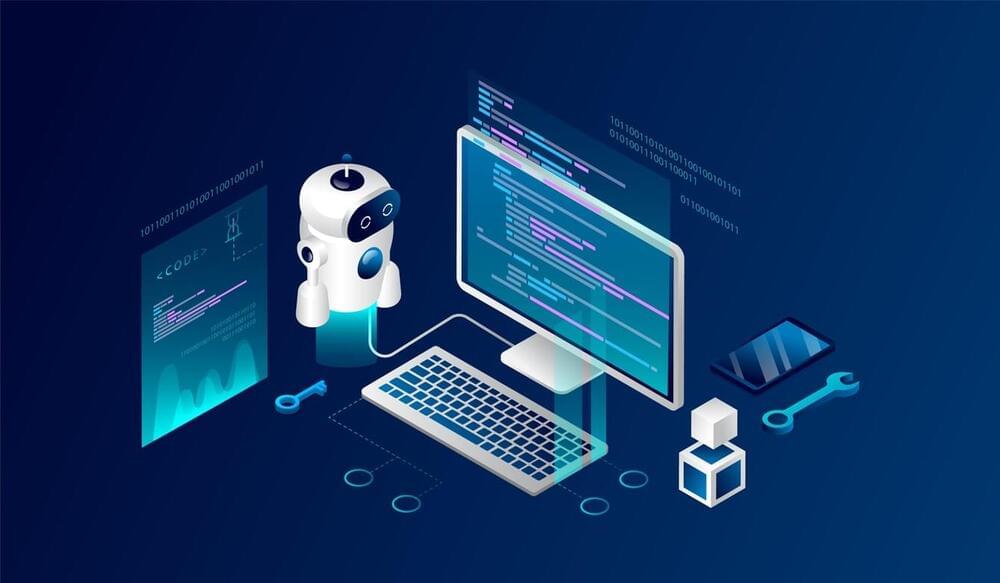

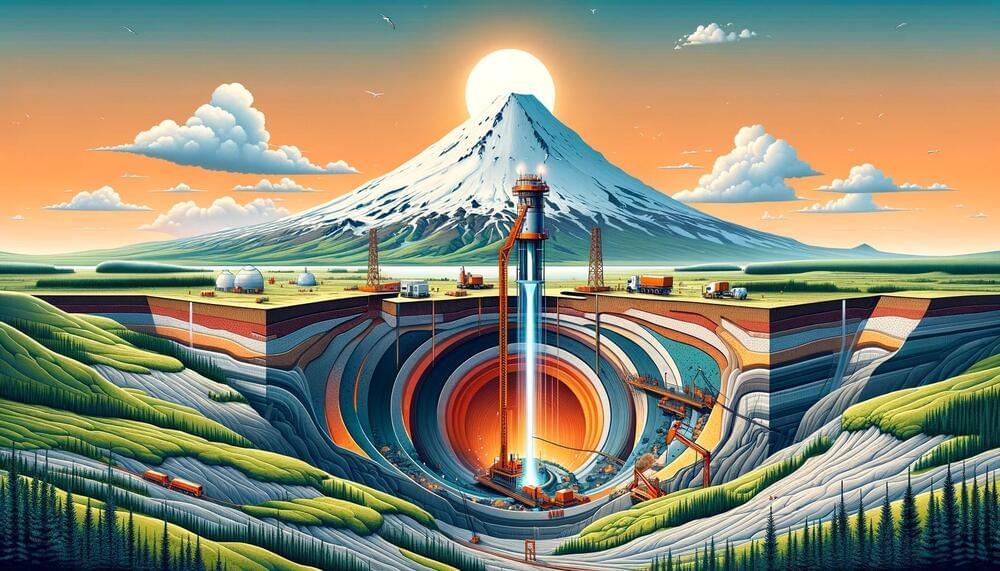
An initiative that sounds a lot like Jules Verne’s Journey to the Center of the Earth might mark the first time humans have tapped into magma, the molten rock liquid flowing beneath Earth’s crust. In 2026, Iceland’s Krafla Magma Testbed (KMT) project will drill into a volcano’s magma chamber, seeking to tap into its super-hot fumes to generate geothermal energy at a scale that has never been attempted before.
The endeavor promises to power homes across Iceland with a renewable, limitless energy source. And no, this won’t cause the currently active Krafla volcano to erupt, according to John Eichelberger, a volcanologist at the University of Alaska Fairbanks interviewed by New Scientist.
Geothermal energy, a technology harnessed by Iceland for years, involves drilling into hot underground regions to produce steam from heated water. This steam drives turbines, generating electricity. Today, at least 90% of all homes in Iceland are heated with geothermal energy and 70% of all energy used in the island nation comes from geothermal sources.
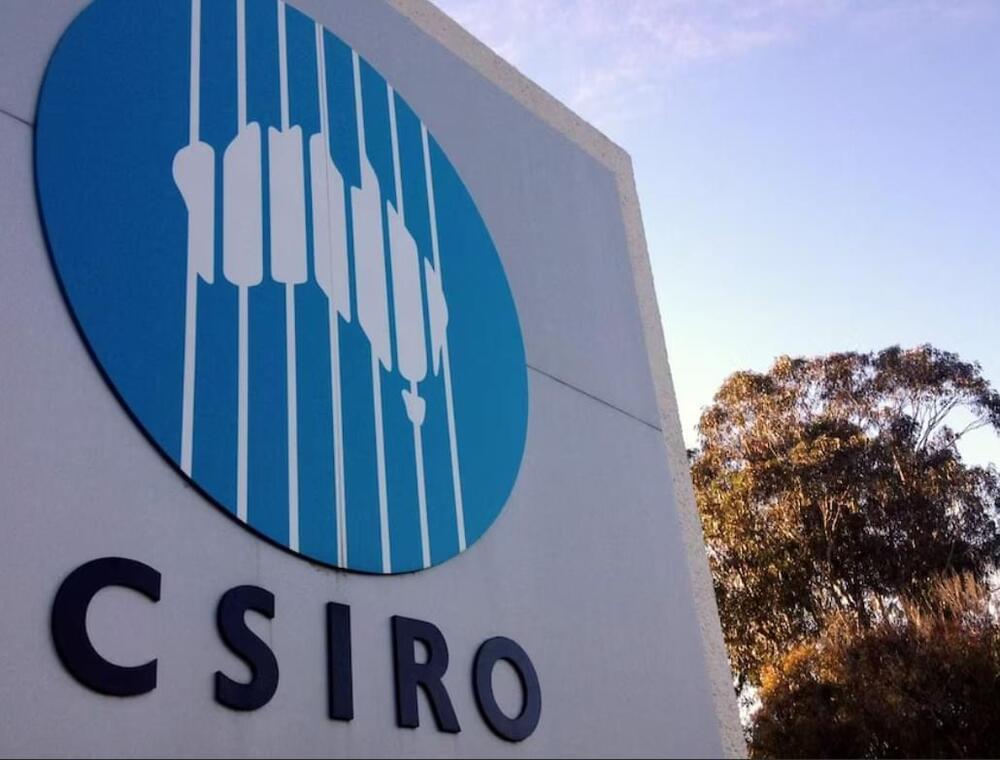
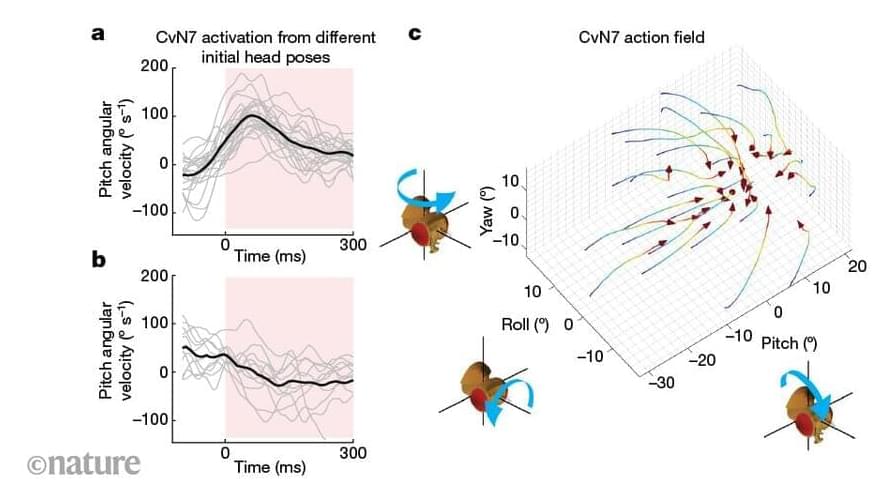
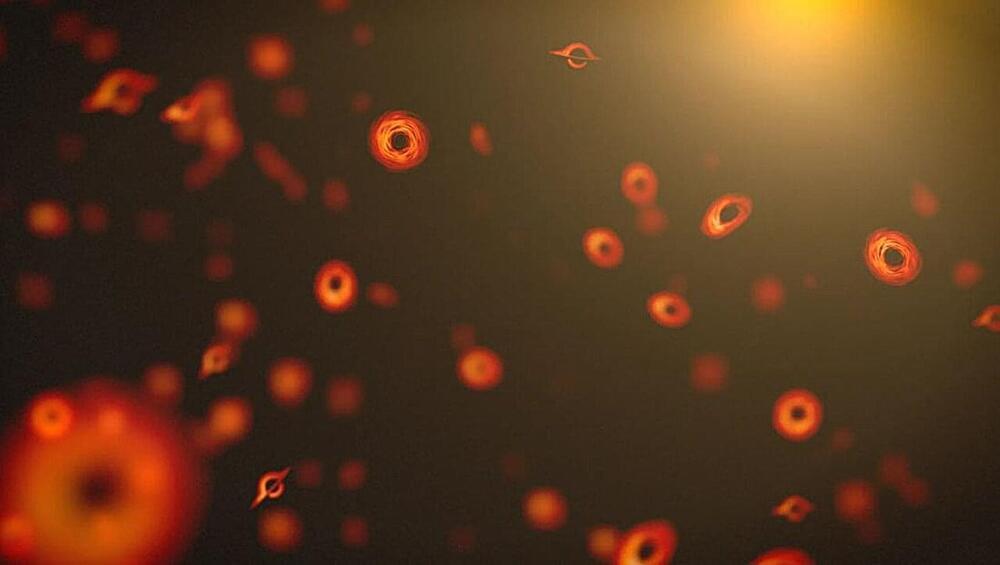
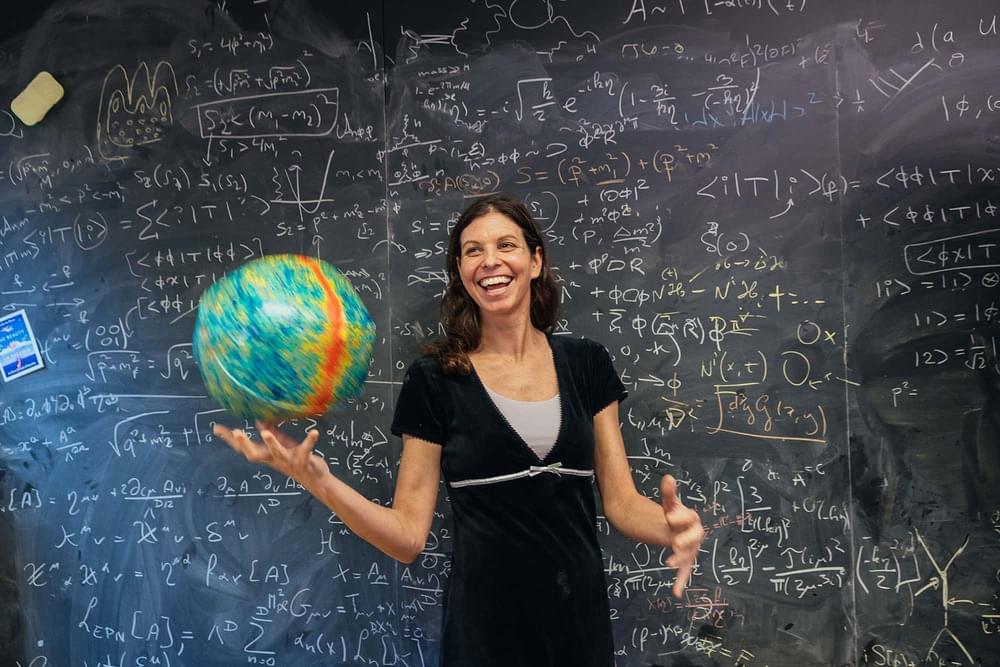
Claudia de Rham thinks that gravitons, hypothetical particles thought to carry gravity, have mass. If she’s right, we can expect to see “rainbows” in ripples in space-time.
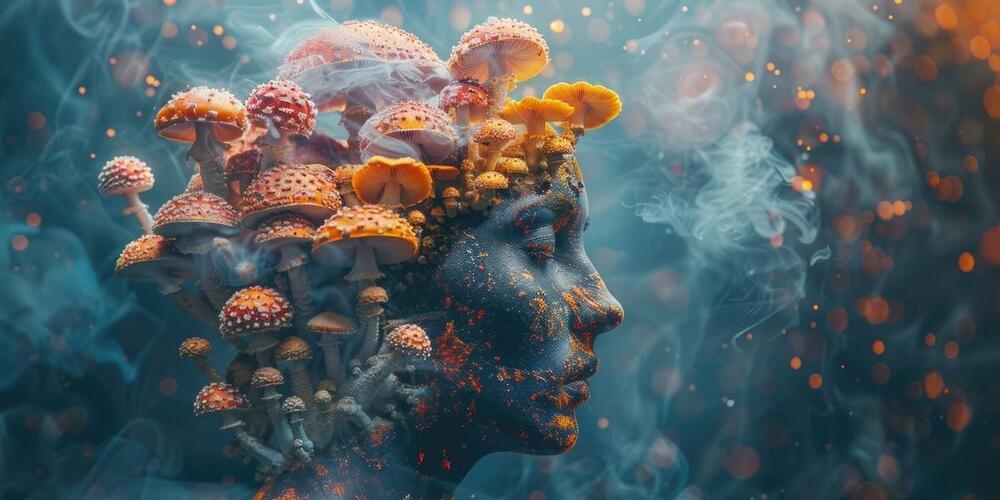
A very relevant subject for research.
The world appears to contain diverse kinds of objects and systems—planets, tornadoes, trees, ant colonies, and human persons, to name but a few—characterized by distinctive features and behaviors. This casual impression is deepened by the success of the special sciences, with their distinctive taxonomies and laws characterizing astronomical, meteorological, chemical, botanical, biological, and psychological processes, among others. But there’s a twist, for part of the success of the special sciences reflects an effective consensus that the features of the composed entities they treat do not “float free” of features and configurations of their components, but are rather in some way(s) dependent on them.
Consider, for example, a tornado. At any moment, a tornado depends for its existence on dust and debris, and ultimately on whatever micro-entities compose it; and its properties and behaviors likewise depend, one way or another, on the properties and interacting behaviors of its fundamental components. Yet the tornado’s identity does not depend on any specific composing micro-entity or configuration, and its features and behaviors appear to differ in kind from those of its most basic constituents, as is reflected in the fact that one can have a rather good understanding of how tornadoes work while being entirely ignorant of particle physics.
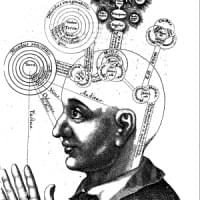
Ever since sharing Ned Block’s talk on it, phenomenal consciousness has been on my mind. This week, I decided I needed to go back to the main spokesperson for the issue of subjective experience, David Chalmers, and his seminal paper Facing Up to the Problem of Consciousness.
I have to admit I’ve skimmed this paper numerous times, but always struggled after the main thesis. This time I soldiered on in a more focused manner, and was surprised by how much I agreed with him on many points.
Chalmers starts off by acknowledging the scientifically approachable aspects of the problem.
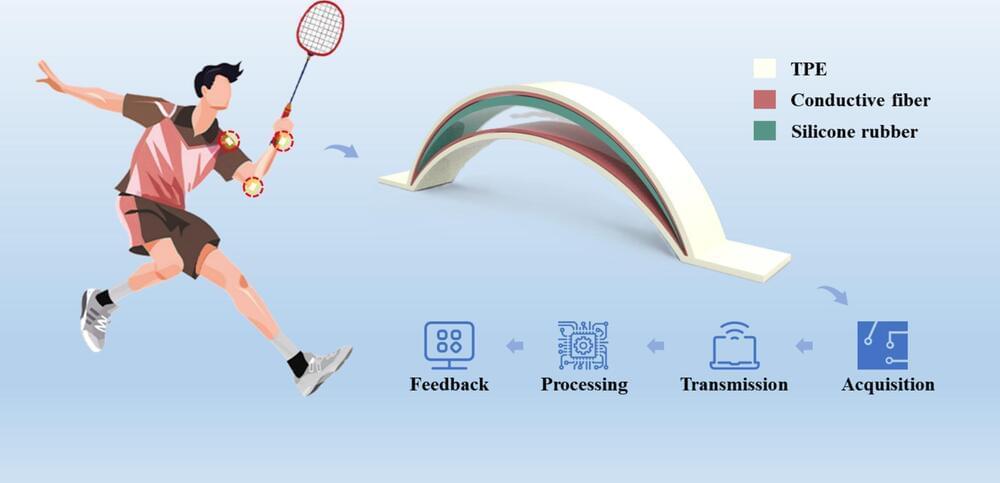
Today’s athletes are always on the lookout for new techniques and equipment to help them train more effectively. Modern coaches and sports trainers use intelligent data monitoring through videos and wearable sensors to help enhance athletic conditioning. However, traditional video analysis and wearable sensor technologies often fall short when tasked with producing a comprehensive picture of an athlete’s performance.
Researchers from Lyuliang University have developed a low-cost, flexible, and customizable sensor for badminton players that overcomes current monitoring constraints. The work is published in APL Materials.
Badminton is known for its many technical movements and the dynamic speed and precision required to play successfully. Monitoring the postures, footwork, arm swings, and muscle strength shown by badminton players is limited by video shooting angles and the discomfort of rigid wearable sensors.